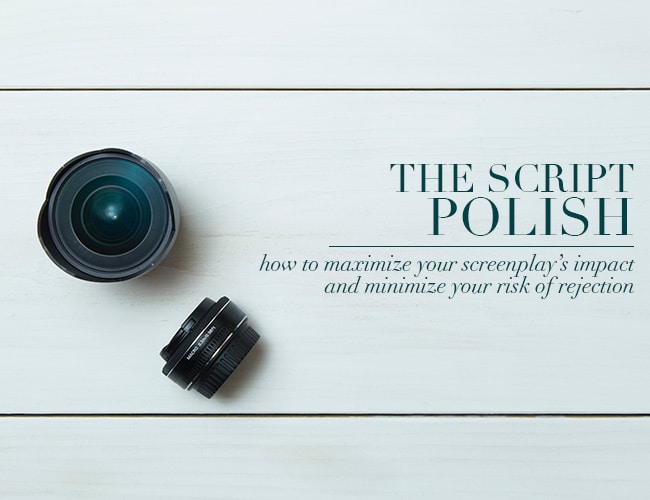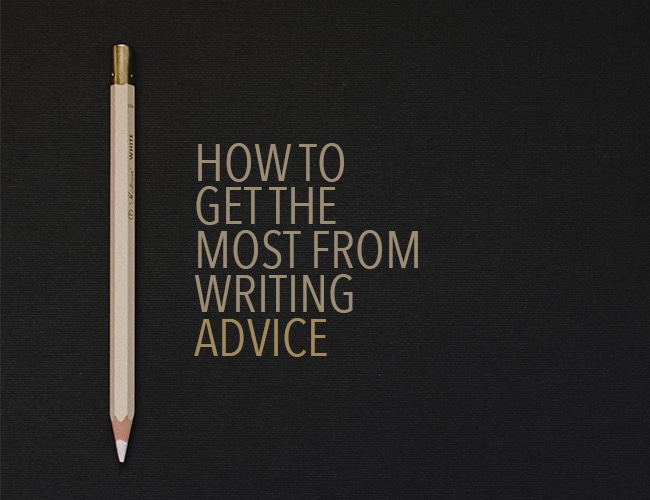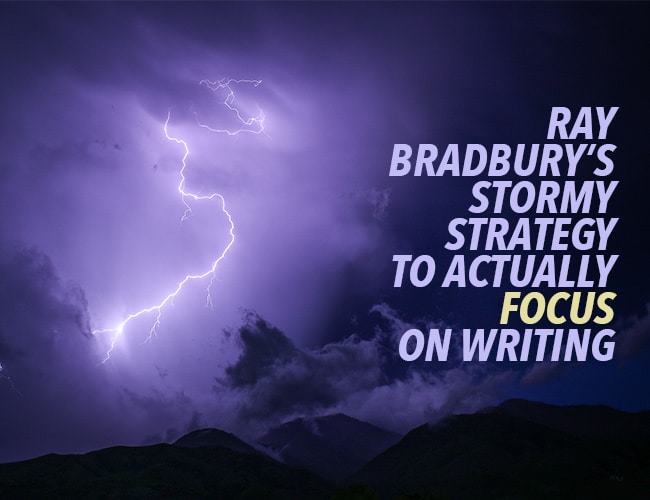
by Guest Blogger |
Polishing a screenplay, or doing a polish on a script, is a part of the screenwriting process that few screenwriters ever go into detail about when asked. Even when plied with liquor. Sure, we’ve all heard writers and producers use terms like “tighten it up” or “give it some polish” or “tweak it for production,” but what do any of those terms really mean?
Let’s break “the script polish” process down into two general goals a screenwriter needs to focus on when sitting down to polish her script. Those two general goals are maximizing impact and minimizing risk.

by Guest Blogger |
Not many people like antagonists. The antagonists are supposed to be antagonizing — that’s their whole purpose. They are designed to aggravate the protagonists; to foil the plans of the heroes and create conflict. They are supposed to be a villain for our heroes to defeat, right?
Sure. But what if they could be more?

by Guest Blogger |
I subscribe to several writing web and blog sites. I trust them to give me sound writing advice. But sometimes the sheer volume of advice engulfs me, and I feel like I’m in the middle of a tidal wave.
Being overwhelmed can lead to creative paralysis. I work myself into a frenzy trying to apply everything to all my writing right now. Or, I close the computer or put down my pen and count the leaves on my philodendron plant. Neither approach is helpful.
With so much useful writing advice, how do you know where to start?

by Guest Blogger |
Do you sit down to write and it seems like a million thoughts are dancing in your head? You know, they’re just there having a loud obnoxious party. With all those bouncing thoughts, it’s hard to focus on writing. To combat those mental distractions, try a daily writing habit of Ray Bradbury’s.

by Guest Blogger |
“I published a book, didn’t tell a soul about it, and it became a best seller!!” Said no writer ever.
But we wish it were true, don’t we? We want to hole up and write epic tales and thought-provoking prose, not hock books door to door and shout from the rooftops about how awesome we are. Can’t we just write? Well … write, but also be discovered and then catapulted to great heights by someone else.
We’d like readers to find us that way, please. We don’t want to navigate those scary waters of how to market a book.







